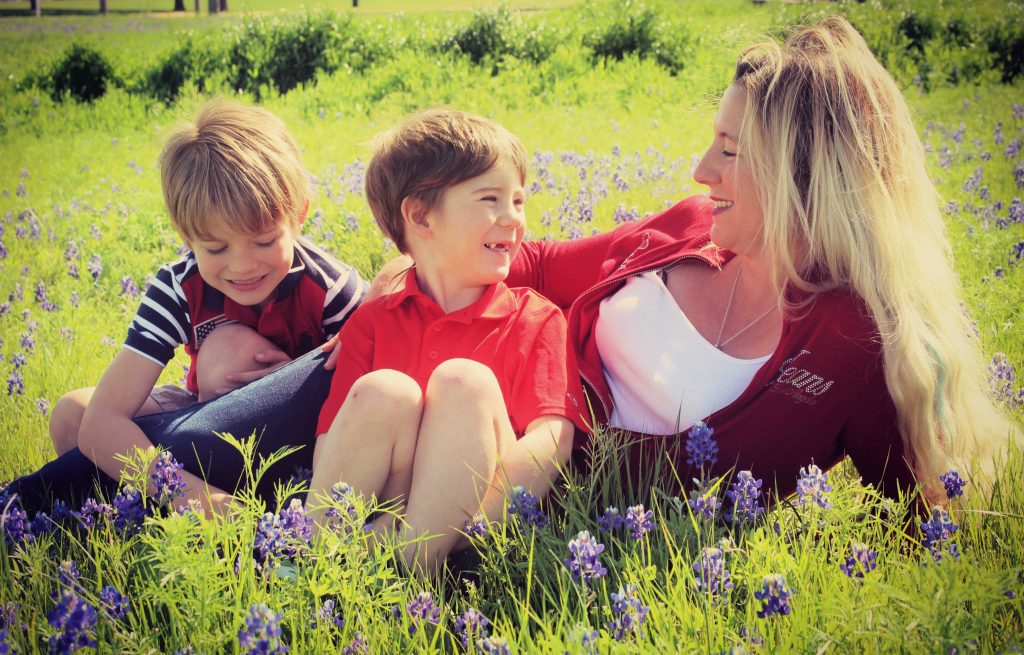Right now, in my practice I have THREE individuals healing from emotional incest, and they are ALL men!
It’s a topic that does not get a ton of exposure and therefore is not really understood by many everyday people, but that does not mean that it does not bear with it some massive issues that you can see in so many adult intimate relationships.
One of my clients, a man in his early thirties, has struggled to move forward in his career, cannot keep a relationship for much longer than six-months and is terrified to move out of his mother’s home.
Funnily enough, he makes good money.
He is well educated and pretty dang mature about life and emotions.
He is a compassionate man, a good man.
But the guilt, shame and fear that rises up in him when he thinks of moving out of state to where his heart really wants to be, sends him into a state of panic almost and greatest massive procrastination in all areas of his life.
You see, for him he does not want to disappoint his mother.
As she ages, she tells him how he is all that matters and all she has. She plays guilt trips on him, telling him that its best for him to stay with her and just save his money, she won’t be around forever, and he needs to remember that.
It’s always been this way too.
Even when his dad was still alive, his mother leaned on him for support in many ways, and he just accepted that this is what being a son meant, not understanding the damage it would create on his entire life picture, happiness and success.
You see in the realm of psychological traumas, some wounds run deep and stay hidden, shaping our lives in ways we might not even realize. One such deeply rooted yet often unspoken issue is emotional incest. Though it doesn’t involve physical abuse, its impact on adult relationships can be profound, causing individuals to grapple with a myriad of challenges that hinder their ability to form and maintain healthy, intimate connections.
Emotional incest, also known as covert incest or enmeshment, refers to a situation where a parent or caregiver confides in their child emotionally in a way that’s more appropriate for a partner or adult friend. This phenomenon blurs the boundaries between parent and child, forcing the child to shoulder the emotional needs of the parent. While this dynamic may not involve physical or sexual abuse, the emotional burden placed on the child can be just as damaging.
As children who’ve experienced emotional incest grow into adults, the scars from their past can manifest in their intimate relationships. The deep emotional bonds formed with their parent can make it challenging to form equally deep bonds with partners.
I was one of these children who had a mother who was guilty of putting emotional responsibility on my shoulders from my youngest years.
As much as I loved my mother, she was extremely codependent and demanding of my time, focus, and relied on my emotional and physical support, even when I was four and five years old. Making it incredibly difficult as I became and adult and wanted to move into my own life.
I still recall the first job I got in my late teen years.
I applied at a financial services company, was trying to decide if I wanted to fully explore all the licenses and before the week was out my mom, applied at the same place and was excited to be working with me.
My first apartment, my mom insisted on having a key too, and mind you my first apartment was with my fiancé. We would come home to my mom cooking dinner for us and having cleaned our apartment, gone through our private spaces and insisting that this was all natural and normal and we had no right to disagree.
Fast forward and each time we moved out of state, my mom was not a few months behind us, moving to the same destination, informing me that I needed her and if I said anything else I was a “bad daughter who did not appreciate what she had done for me.”
All of this contributed to me being VERY fearful to ever tell my mom the truth, or make a stand with her for my life, my boundaries, my relationships, my future.
So now let’s break down how emotional incest can hinder adult relationships:
Recognizing the impact of emotional incest on adult relationships is the first step towards healing. Seeking professional coaching and/or therapy, such as cognitive-behavioral therapy (CBT) or trauma-focused coaching/therapy, as well as working with someone who is adept in understanding intimate relationships and the impact that these things can have on them, can provide tools to understand these patterns and create healthier boundaries, more integrated ways of approaching relationship, better communication strategies and intimacy skills.
And this is where you have to really wake up and be willing to fight for your life!
Because that’s what is truly happening.
Except the guilt, shame and fear of abandonment that will come up and may even be expressed by the parent, will feel somehow safe and normal and will make one want to just do what they have always done…
GIVE IN TO THE PARENTS NEEDS.
Instead of doing what’s best for themselves.
Emotional incest is a real and complex issue that profoundly affects individuals as they navigate the landscape of adult relationships. Acknowledging its impact is vital for breaking free from the patterns it creates. By seeking help, building self-awareness, and fostering open communication with partners, those who have experienced emotional incest can begin to rewrite their narratives, forming healthier, more fulfilling relationships based on mutual respect, empathy, and emotional autonomy.
Remember, healing is a journey, and with the right support, it’s possible to overcome the shadows of the past and step into the light of healthy connection.
AND LIVE YOUR BEST LIFE! 
The way you truly want and deserve, NOT according to your parents!
If you or someone you know is dealing with recovery and healing from emotional incest and want a future your education and healing be sure to grab a FREE consult for learning relationship skills and healing around this issue today with me. Link is in the comments.
And as always,
Stop Existing & Start Living.
Loving you from here.
Rene’

